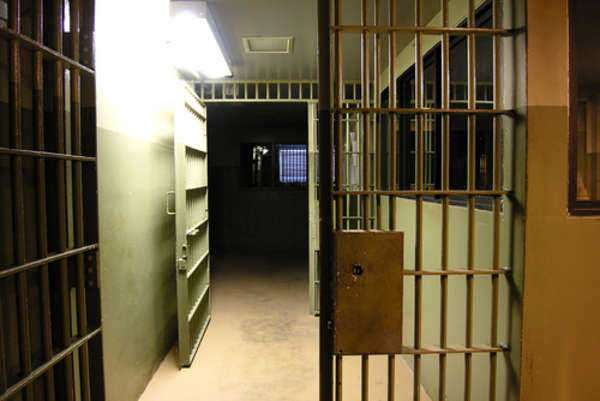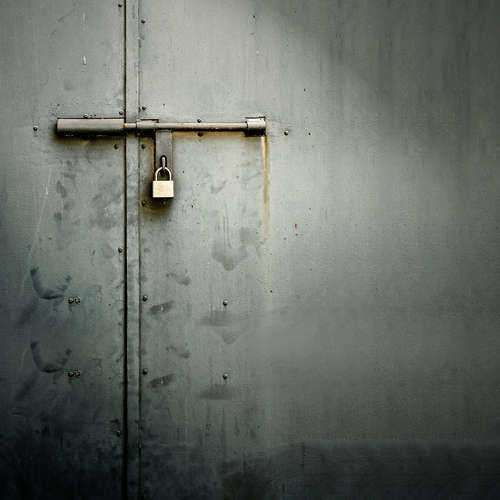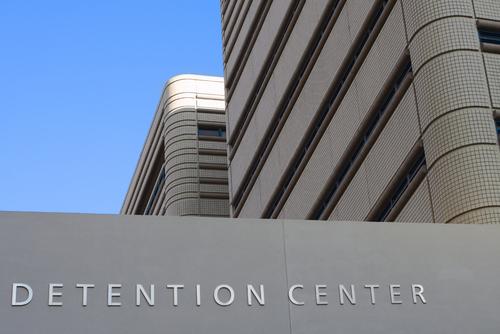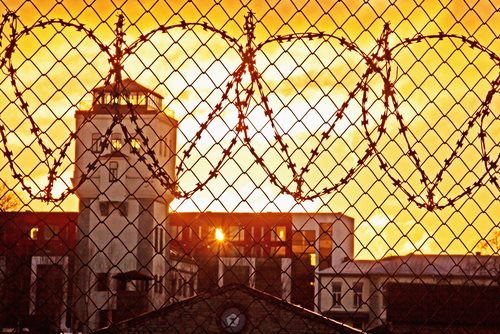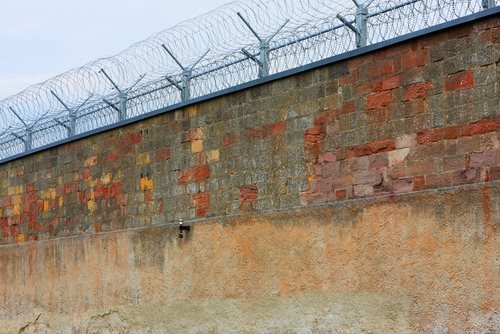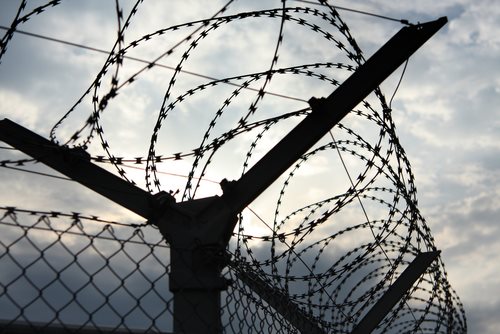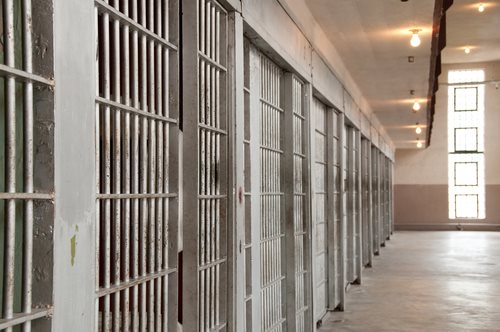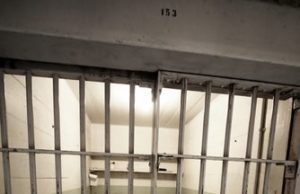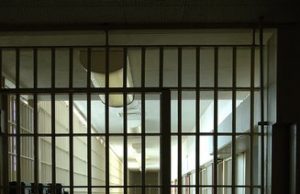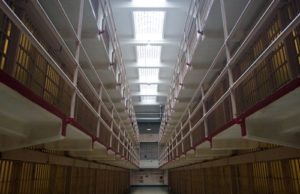Mississippi Department of Corrections

The Mississippi Department of Corrections is currently headed by Christopher B. Epps, the commissioner of the Mississippi Department of Corrections. The Mississippi Department of Corrections holds jurisdiction over three different state prisons within Mississippi, including the Central Mississippi Correctional Facility, the Mississippi State Penitentiary, and the South Mississippi Correctional Institution. There are also eleven regional facilities within Mississippi which technically fall under the overall jurisdiction of the Mississippi Department of Corrections.
Additionally, there are some private institutions within Mississippi which are bound by the Mississippi law set forward by the Mississippi Department of Corrections, but which are not necessarily under the direct jurisdiction of the Mississippi Department of Corrections. The Central Mississippi Correctional Facility is an important hub within the Mississippi Department of Corrections system, as it is the facility from which inmates are moved into other state facilities after they are transferred from county custody into state custody.
According to most recent figures, the Mississippi Department of Corrections holds 24,599 individuals as inmates within the prisons of Mississippi, counting those individuals who have been sent off-grounds temporarily and those individuals who have escaped from custody. An additional 32,138 individuals are currently outside of the jail system of the Mississippi Department of Corrections, as either parolees or probationers.
The Mississippi Department of Corrections offers up such programs as Community Work Centers for inmates. These Community Work Centers of the Mississippi Department of Corrections will be locations from which inmates can perform duties for Missouri which might then allow them to work off their sentences. For example, inmates at a Community Work Center might help to pick up trash on the side of a highway.


